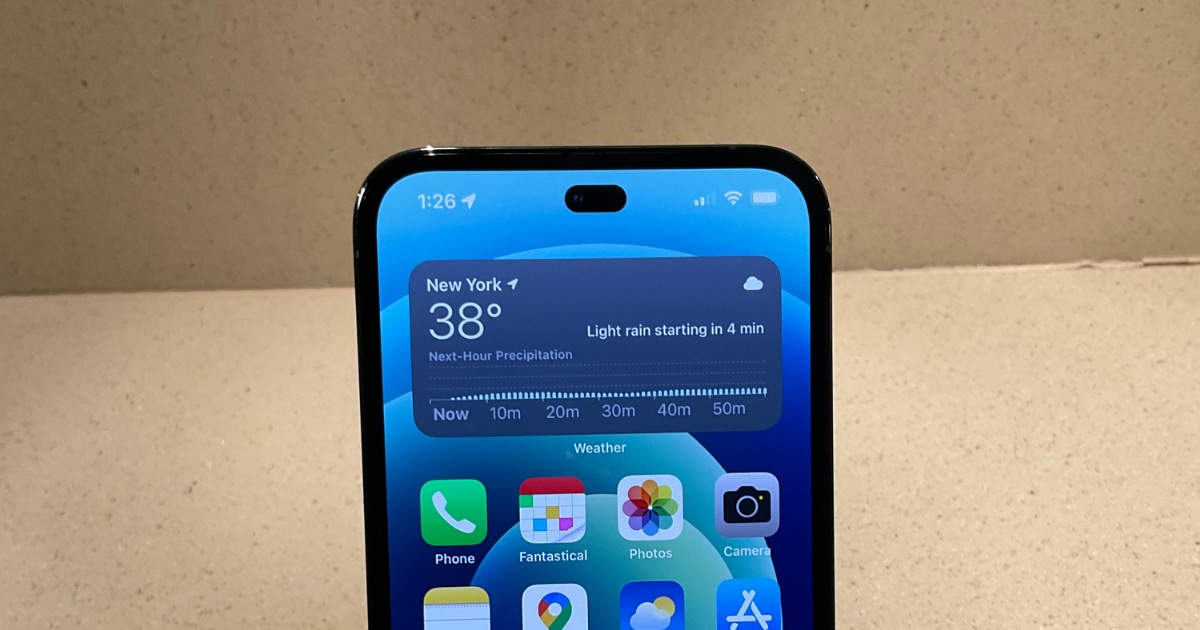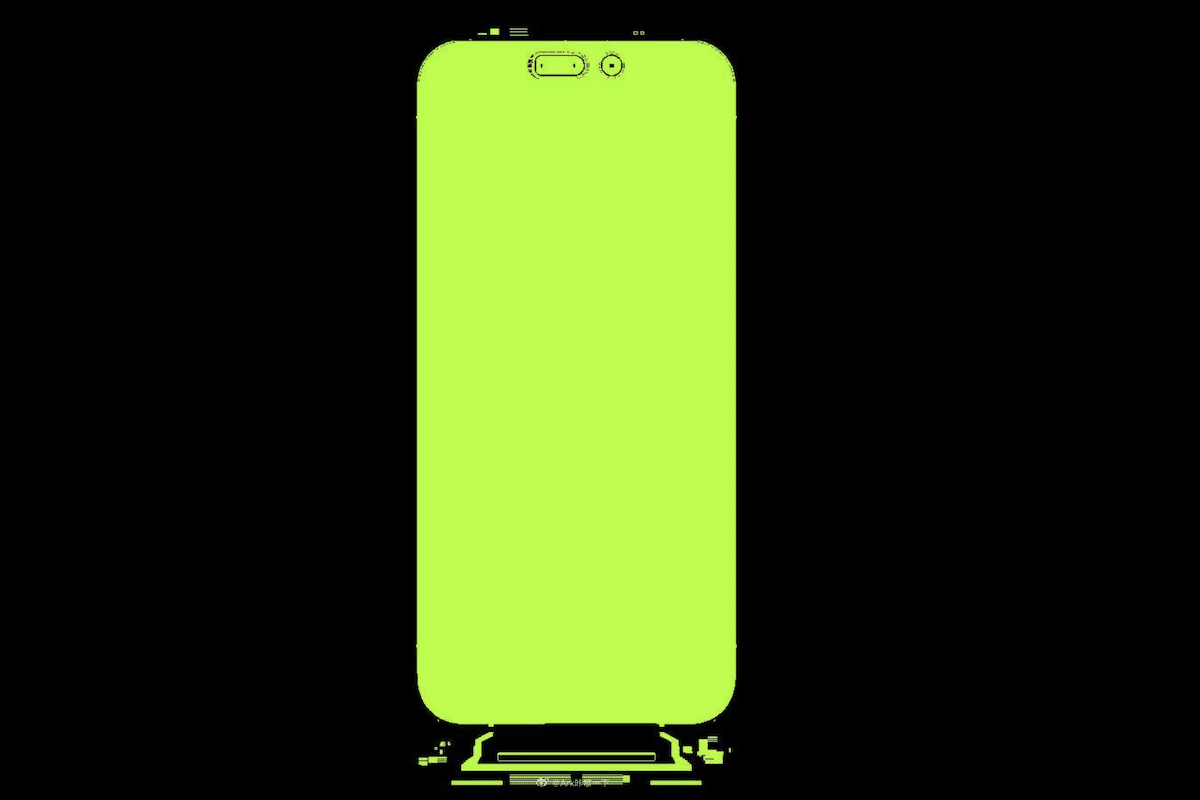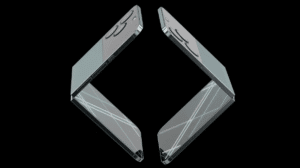The next-generation iPhone series is expected to launch this fall, and giving us alleged details of the upcoming iPhone 14 Pro models, 9to5Mac reports that 6.-1-inch and 6.7-inch Pro models will have taller screens because of the new “pill+hole” notch design.
Introduced in the iPhone X series, the notch houses Face ID and front-selfie camera components. Although the notch assimilates in the background, it still is irksome for some users, especially when viewing the content in landscape mode. Over the years, Apple has reduced the size of the notch but it is now speculated that the company will replace it with a pill-shaped smaller notch and hole for the selfie camera.

iPhone 14 Pro’s new “pill+hole” notch will provide more screen real-estate
Initially, it was reported that in the upcoming iPhone series, Apple might remove the notch completely by housing the Face ID components under the display and feature a punch-hole display for the selfie camera lens. Now, the report claims that the tech giant has opted for a smaller “pill” shape notch for higher-end models which will make the screen taller.
The display on the flagships iPhones 14 Pro and iPhone 14 Pro Max (codenamed D73 and D74) may be slightly taller to accommodate the new “notch + pill” design that will replace the notch.
Previously, Ming-Chi Kuo said that the new iPhone 14 series will not have a 5.4-inch mini model, instead, it will have two 6.1-inch and two 6.7-inch models.
- iPhone 14 – 6.1-inches
- iPhone 14 Max – 6.7-inches
- iPhone 14 Pro – 6.1-inches
- iPhone 14 Pro Max – 6.7-inches

It is also speculated that the iPhone 14 Pro models will be equipped with an advanced version of the A16 Bionic chip like the iPhone 13 Pro models which are powered by a higher-end A15 Bionic chip with an extra GPU core and 6GB of RAM. The based models might be powered by the higher-end A15 Bionic chip currently used in iPhone 13 Pro models.
Kuo also tweeted an important but surprising change for Apple’s flagship iPhone models. The company will be differentiating the chips that will be used in the Pro and non-Pro iPhones. Only the Pro models will get a new A16 Bionic chip, while the non-Pro models will stick with an A15 chip.
Read More:



